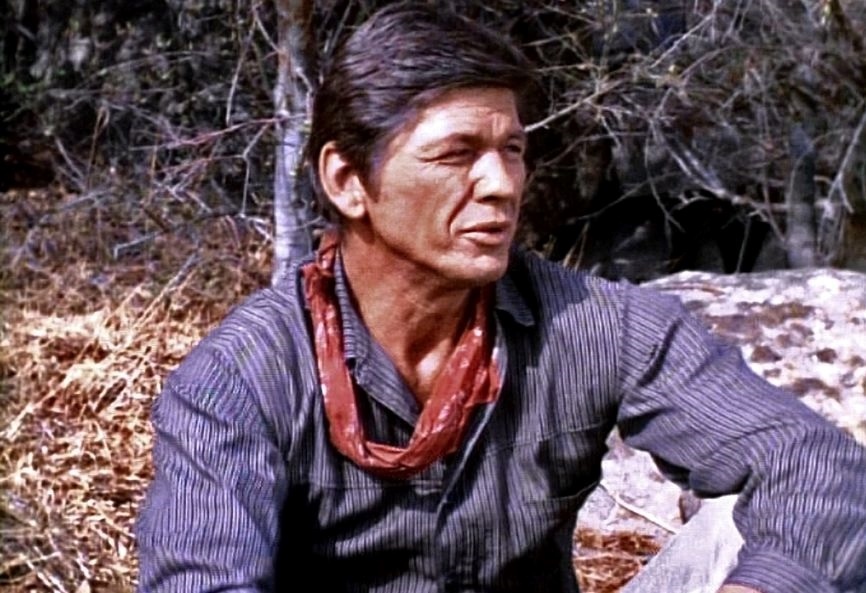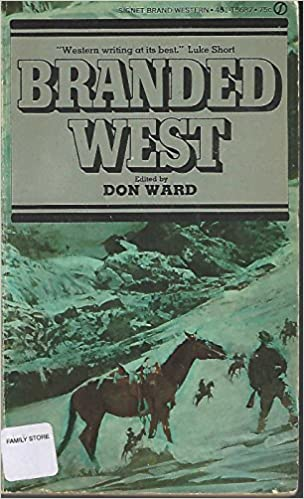Annie May and Zebulon smelled Broken Elbow before they saw it. What
had been a trading post and a few shacks only a year ago was now a long, rutted
street dominated by pandemonium and open sewage. Drunken miners shouted back
and forth in a dozen languages, a naked Chinaman crawled past them into an
alleyway pursued by a screaming whore, halfdead oxen pulled overloaded supply
wagons through mud and melting snow, past signs advertising wares at outrageous
prices: Boots $30, Flour $35, Blankets $30, Washing $20. Every square foot of
ground that was not lived on was cluttered with mining equipment, dead dogs,
pigs rooting in piles of stinking garbage, wagon beds, spare wheels, barrels,
and stacks of lumber, as well as makeshift corrals where mules and horses stood
knee-deep in muck. Farther away, on the banks of a swiftly moving river, hundreds
of high-booted men—most of them Indians, Mexicans, and Chinese—squatted beside
cradle-like gold washers and sluice boxes while others worked up a canyon in
steep pits, hacking at the soil with picks and shovels.
Written with a gorgeous eye for detail, be that detail grit, grime, or
a wildflower straining a head through the snow, but…
This novel falls into the Acid-Western genre where the rules of reality
are a bit bent. It is not as “out there” as works by Coover or Brautigan but it
does exist in this realm of metaphysical shenanigans.
I’ll admit this is not a genre that appeals to me but, I’d be a liar
if I did not say that some grounded episodes within are as good as any in many
a straight literary western.
Likely an A Western for fans of the acid variety.
The fault is mine for wanting the book to be something the obviously
talented author did not intend.




















